
Compassionate, Supportive Rehab Treatment
At Smarmore Castle, we follow an abstinence-based ethos to help individuals work through substance dependence and embrace long-term recovery. Our private residential rehab centre in County Louth is set within a 14th-century castle on 15 acres of peaceful countryside, offering privacy, safety, and a structured healing environment. With accreditation from ISO 9001 and CHKS, and over 35 years of Castle Health expertise, our drug and alcohol clinic provides trusted addiction treatment rooted in professionalism and care.
Smarmore Castle’s drug and alcohol addiction recovery model focuses on helping patients through structured programmes, therapeutic interventions, and peer support. While our core approach is abstinence-based treatment, we can responsibly use prescribed medications to support safe detox and withdrawal where medically necessary. This allows patients to experience the benefits of sobriety-focused addiction treatment in a clinically safe way.
To learn more about our abstinence-based recovery approach, call us today on 041 986 5080.
What is Abstinence-Based Addiction Recovery?
Abstinence-based addiction recovery is a treatment model that focuses on achieving and maintaining complete freedom from drugs and alcohol. Instead of relying on substitute substances, it encourages patients to embrace a drug-free lifestyle through structured therapy, peer support, and long-term relapse prevention strategies. This approach is central to many 12 Step recovery programmes worldwide.
At Smarmore Castle, we specialise in abstinence-based rehabilitation treatment as we find it the most effective path for lasting recovery. While medications may be used during detox to ensure a safe and medically supervised withdrawal, our drug and alcohol addiction programmes are guided by abstinence protocols after this stage. This method helps patients build resilience, stability, and a foundation for long-term sobriety.
Who are Substance-Free Recovery Programmes Suitable For?
Substance-free recovery programmes are not one-size-fits-all. They are best suited to individuals who are committed to sobriety and thrive within structured, supportive, and accountability-focused environments. Below are some examples of who may benefit most from this type of addiction treatment.
- Individuals determined to pursue full abstinence from alcohol and drugs: Best for those committed to eliminating all substances, focusing on personal growth, and embracing healthier coping mechanisms as part of a complete abstinence-based recovery journey.
- People interested in following a 12 Step journey or faith-oriented recovery model: Suitable for individuals who value spiritual principles, community support, and structured steps to rebuild a meaningful, sober life with accountability and shared responsibility.
- Those who prefer holistic, drug-free methods of addressing addiction: Ideal for people drawn to natural healing approaches such as mindfulness, yoga, or art therapy, with recovery centred on balance, wellness, and substance-free living.
- Patients with prior rehabilitation experience who want a stricter and more structured programme: Beneficial for those seeking greater accountability and stronger boundaries after previous addiction treatment attempts, with a focus on discipline and sustained abstinence from all substances.
- Individuals motivated to secure long-term sobriety and reshape daily living habits: Designed for people who want to rebuild routines, develop self-discipline, and maintain lifestyle changes that encourage sobriety, health, and improved relationships over the long term.
- People who respond best to steady routines, peer connection, and shared accountability: Effective for individuals who thrive in group environments where consistency, daily structure, and supportive networks reinforce their abstinence and personal progress.
- Those who do not require detox medication or pharmacological substitutes: Appropriate for individuals whose recovery journey does not involve medical substitute drugs and who are ready to engage in non-medicated, abstinence-focused drug and alcohol misuse treatment.
- Anyone seeking a recovery setting centred on sobriety, structure, and accountability: Tailored for people who benefit from clear boundaries, disciplined routines, and the support of a zero-tolerance, abstinence-based rehab environment.

Your Recovery Starts Here
Why Choose Smarmore Castle for Abstinence-Based Rehab?
At Smarmore Castle, abstinence is at the heart of recovery. We support those who want to build a sustainable, substance-free future, combining clinical expertise with structure, peer connection, and long-term sobriety strategies.
- Commitment to complete sobriety as the foundation of recovery programmes.
- Structured 12 Step pathways integrated with abstinence-focused care.
- Drug-free environment that avoids reliance on substitute medications.
- Strong emphasis on peer support, accountability, and community living.
- Therapies and counselling designed to reinforce long-term abstinent lifestyles.
Smarmore Castle is here to help you or your loved one take the first step towards a new future. Call us today on 041 986 5080 to speak to a member of our team.

You Don’t Have to Face Addiction Alone.
At Smarmore Castle, thousands have found support, strength, and a new way forward. We’re here to help you take the first step.
Substance Addictions Treated at Total Sobriety Rehab Centres
Abstinence-based drug and alcohol rehab treatment in Ireland is structured to help people manage a wide range of dependencies. Instead of relying on long-term substitute medications, total sobriety programmes promote stable recovery through therapeutic support, community accountability, and evidence-based interventions that encourage long-term behavioural change and personal growth.
-
Alcohol Dependence and Long-Term Abstinence Support Services
Alcohol dependence often requires structured therapeutic support combined with carefully managed withdrawal. Abstinence-based alcohol treatment centres guide patients through detox and continue with relapse prevention, therapy, and group work, providing the stability needed to reduce long-term drinking patterns and establish healthier daily routines.
At Smarmore Castle, alcohol rehab programmes include abstinence-based treatment models such as 12 Step work, group therapy, and addiction counselling, designed to strengthen recovery and help individuals adapt to sustainable lifestyle changes without reliance on substitute medications or ongoing prescription use.
-
Cocaine and Stimulant Addiction Recovery in Drug-Free Settings
Cocaine and stimulant misuse can cause significant psychological dependence and intense cravings. Substance-free recovery models place individuals in structured environments where evidence-based drug therapy and group accountability work together to reduce triggers and create consistent pathways toward recovery.
Therapies such as CBT, trauma counselling, and relapse prevention strategies are often combined with peer support, helping people to manage high-risk situations while reinforcing new, healthier behaviours to replace destructive stimulant use in daily life.
-
Heroin and Opiate Total Sobriety Treatment Approaches
Heroin addiction and opioid misuse present unique risks due to physical dependency and difficult withdrawal symptoms. In abstinence-based opioid rehab centres, medical detox may involve short-term medication, but longer-term treatment focuses on therapy, accountability, and relapse prevention rather than ongoing substitute prescribing.
At Smarmore Castle, patients receive intensive abstinence-based addiction recovery support after opioid detox, including individual counselling, group sessions, and therapeutic frameworks that encourage structure and consistency, helping to reduce the cycle of opioid misuse over the longer term.
-
Prescription Drug Misuse and Recovery without Substitution
Prescription drug dependency, whether linked to painkillers, sedatives, or stimulants, often begins unintentionally. Drug-free recovery avoids long-term substitution therapies, instead prioritising personalised counselling, relapse prevention strategies, and group support once detox has been safely completed under clinical supervision.
Prescription drug rehab programmes provide patients with the tools to recognise patterns of dependency, adjust habits, and sustain recovery through therapy and structured community involvement, rather than moving from one prescription dependency to another.
-
Benzo and Sedative Dependence Care through Clean-Living Models
Benzodiazepine and sedative withdrawal can be challenging and potentially unsafe without supervision. Clean-living drug treatment centres in Ireland offer medically guided detox, followed by structured therapy designed to stabilise mental health and reduce reliance on sedatives.
Patients engage in benzodiazepine addiction therapies such as mindfulness practices, trauma counselling, and group work, all of which help to build resilience and improve emotional regulation while adapting to an abstinence-based treatment pathway.
-
Cannabis Addiction Recovery in Abstinence-Based Programmes
Cannabis dependency can impact motivation, relationships, and emotional health. Abstinence-based rehab centres provide structured interventions that address cravings, identify triggers, and support individuals in developing stronger coping skills.
At Smarmore Castle, cannabis rehab treatment plans include group therapy, abstinence-based drug recovery models, and addiction counselling designed to replace patterns of cannabis use with healthier, more balanced approaches to daily life and personal well-being.
-
Poly-Drug Dependence Addressed with Substance-Free Frameworks
Many individuals entering drug rehab treatment have developed dependence on more than one substance. Total-abstinence recovery programmes use structured therapeutic approaches that help patients tackle multiple addictions simultaneously within a drug-free, structured recovery framework.
This treatment usually combines individual therapy, group accountability, and holistic practices, supporting patients in developing more effective coping mechanisms and breaking interlinked cycles of dependency across several substances at once.
-
Support for Behavioural Addictions in Zero-Tolerance Rehab Centres
Abstinence-only rehab centres also treat behavioural addictions such as gambling, gaming, or compulsive internet use. Structured treatment creates accountability and routine, helping individuals to step away from harmful patterns and replace them with constructive behaviours.
Through group support, counselling, and practical relapse prevention strategies, zero-tolerance treatment models encourage long-term stability and more balanced lifestyle patterns without reliance on either substances or compulsive behaviours.
Free Substance Addiction Screenings
At Smarmore Castle, we provide free drug and alcohol addiction assessments at the beginning of the admissions process. These screenings allow our clinical team to understand your history, current challenges, and whether abstinence-based recovery is the right path for you.
Following this initial assessment, we create a tailored treatment plan rooted in abstinence-based care. Our programmes adapt to each individual, combining structured 12 Step support, evidence-based therapies, and holistic approaches. Call 041 986 5080 to begin the admissions process.
Book Your Free Addiction Assessment Today
Speak with a member of our intake team, who will provide an assessment before you begin treatment.
Popular Locations for Abstinence-Based Inpatient Rehab Near Dublin, Ireland
For people based in Dublin and its surrounding areas, abstinence-based recovery programmes can be more accessible than expected. Those living in neighbourhoods such as Clontarf, Rathmines, or Dundrum may find countryside rehabilitation a welcome change from urban pressures while still being within reach of home.
Across other parts of Ireland, people in Cork, Limerick, Galway, Waterford, and Kilkenny often explore residential options away from their immediate surroundings. Travelling for addiction treatment allows for distance from triggers while entering a structured, supportive space.
If you’re considering drug and alcohol residential addiction treatment for 4 weeks or longer, Smarmore Castle offers a discreet setting in County Louth. Here, patients benefit from privacy, nature, and structured sobriety-focused care in an environment designed to promote healing and long-term recovery.
Find Us
Smarmore Castle Clinic, Near Ardee, County Louth, Ireland A92 YY22
How Much Does Abstinence-Based Addiction Treatment Cost in the Republic of Ireland?
In Ireland, abstinence-based residential addiction treatment generally ranges from €360 to €1,700 per day, or €2,500 to €12,000+ per week. These rehab costs reflect the intensive nature of inpatient care, which combines structured therapies, clinical support, and accommodation in a dedicated environment.
The overall expense of a drug-free rehab programme can differ depending on multiple factors. Programme length, level of medical involvement, staff expertise, accommodation style, and therapeutic options all influence pricing. Some individuals may require longer inpatient stays to stabilise recovery, which naturally increases the total cost of abstinence-based addiction treatment.
Clean-Living Drug and Alcohol Rehabs in Ireland That Accept Health Insurance
Health insurance for rehab can help reduce the financial pressure of accessing treatment. Depending on the policy, cover may include inpatient alcohol and drug addiction programmes, detox, therapy, and other elements of addiction recovery. Each provider sets different terms, so it’s important to confirm details before admission.
Smarmore Castle works with many of the major health insurers in Ireland and abroad. By accepting policies from well-known medical insurance providers, we make our abstinence-based addiction programmes more accessible to those seeking structured, clinically supported recovery. Approved policyholders can contact us to discuss their available options.


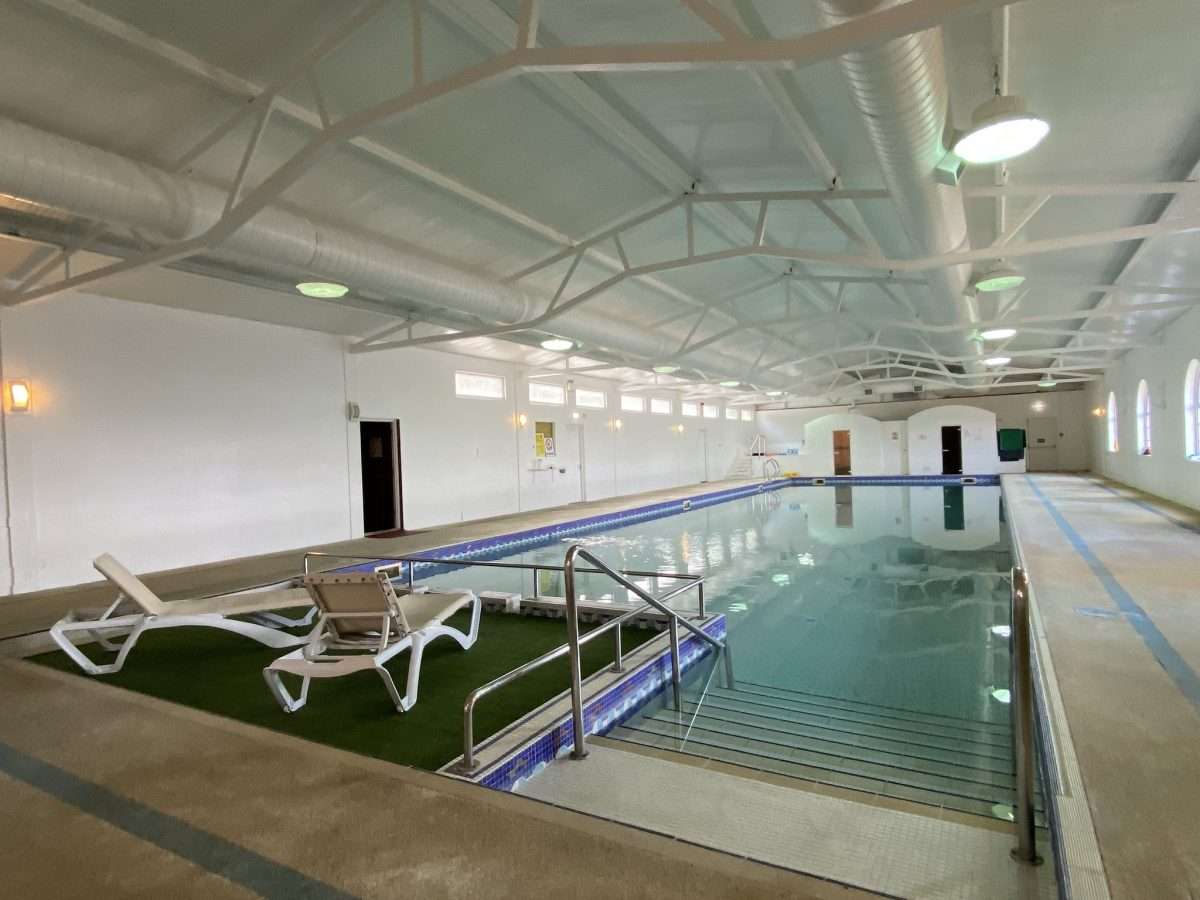

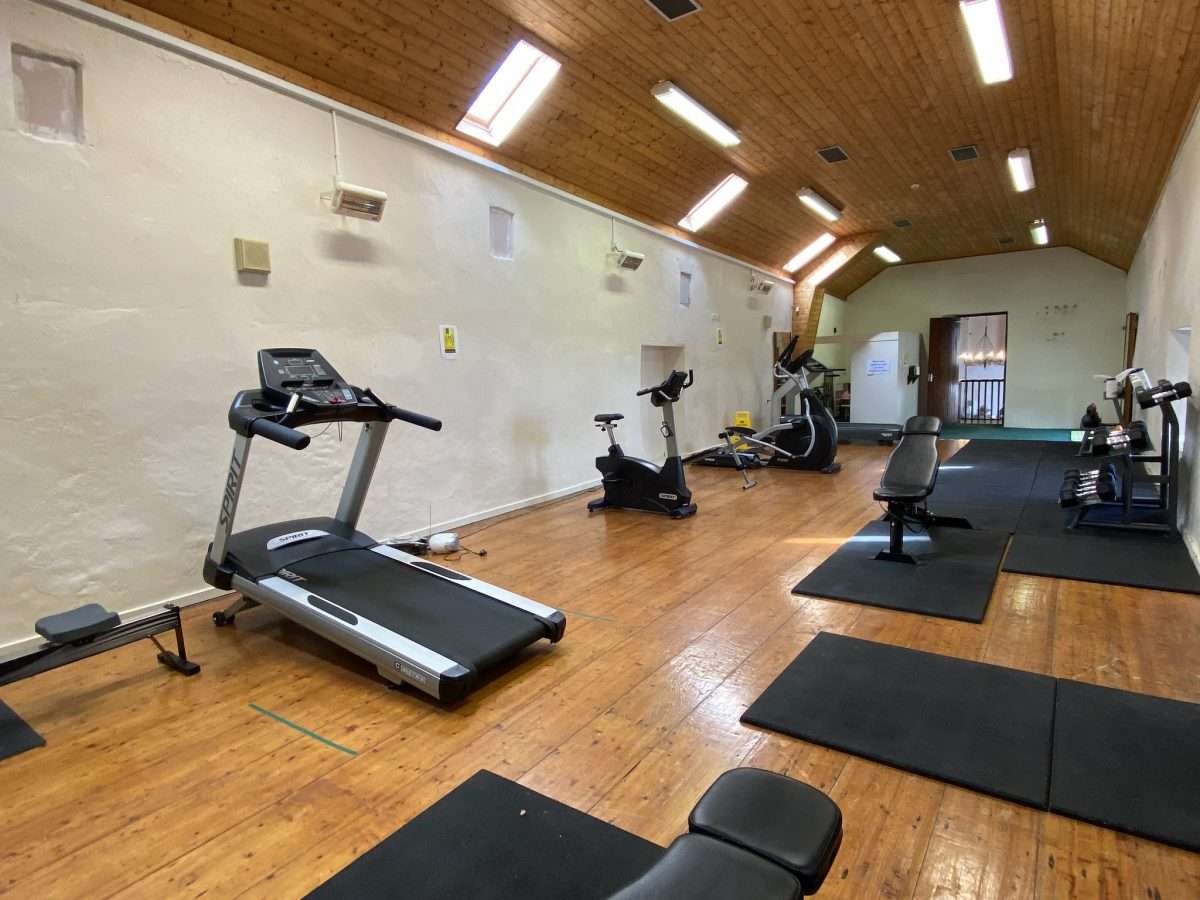
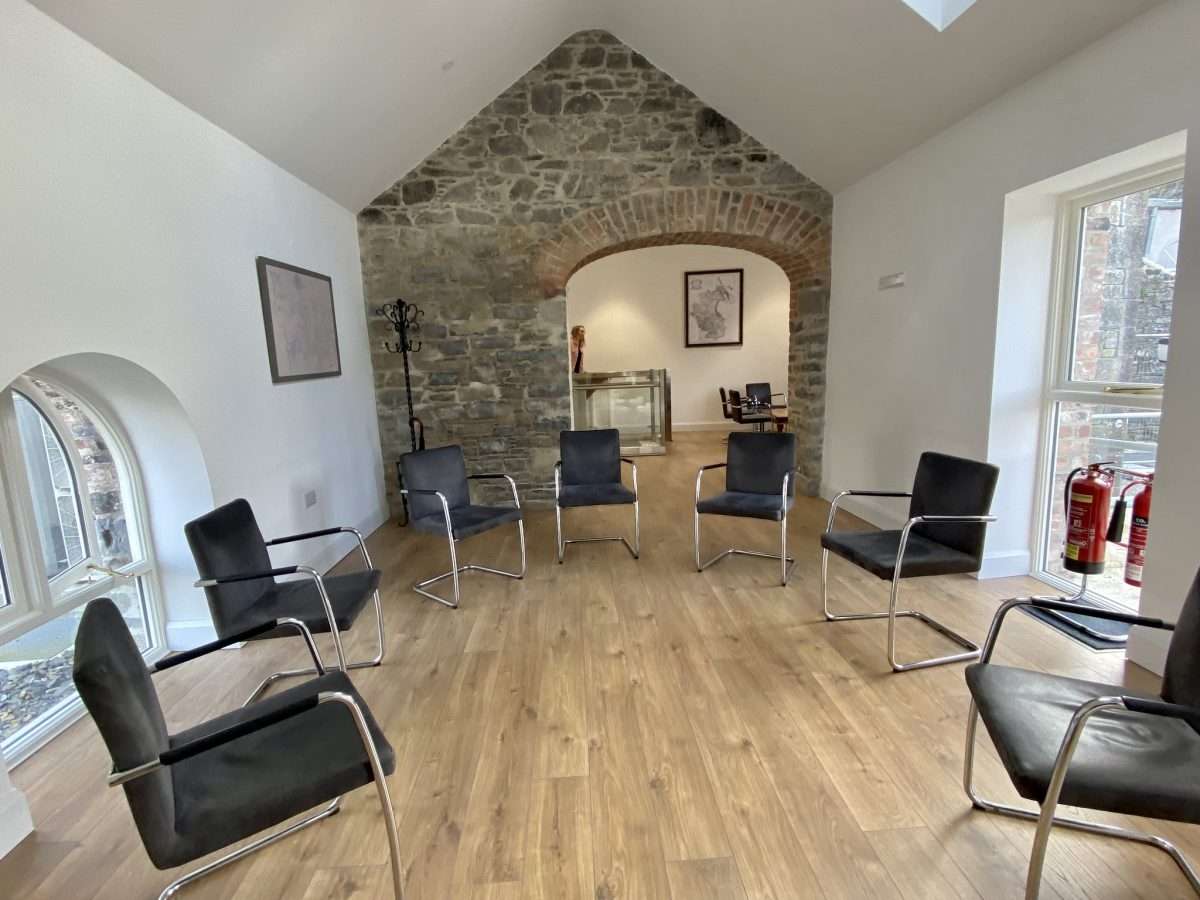
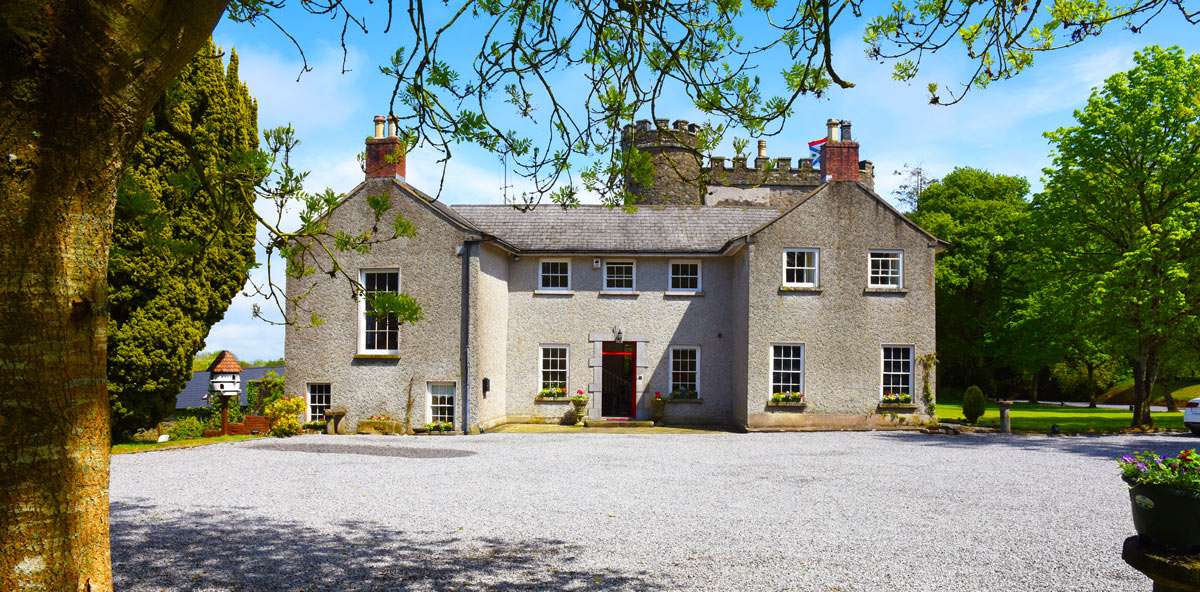
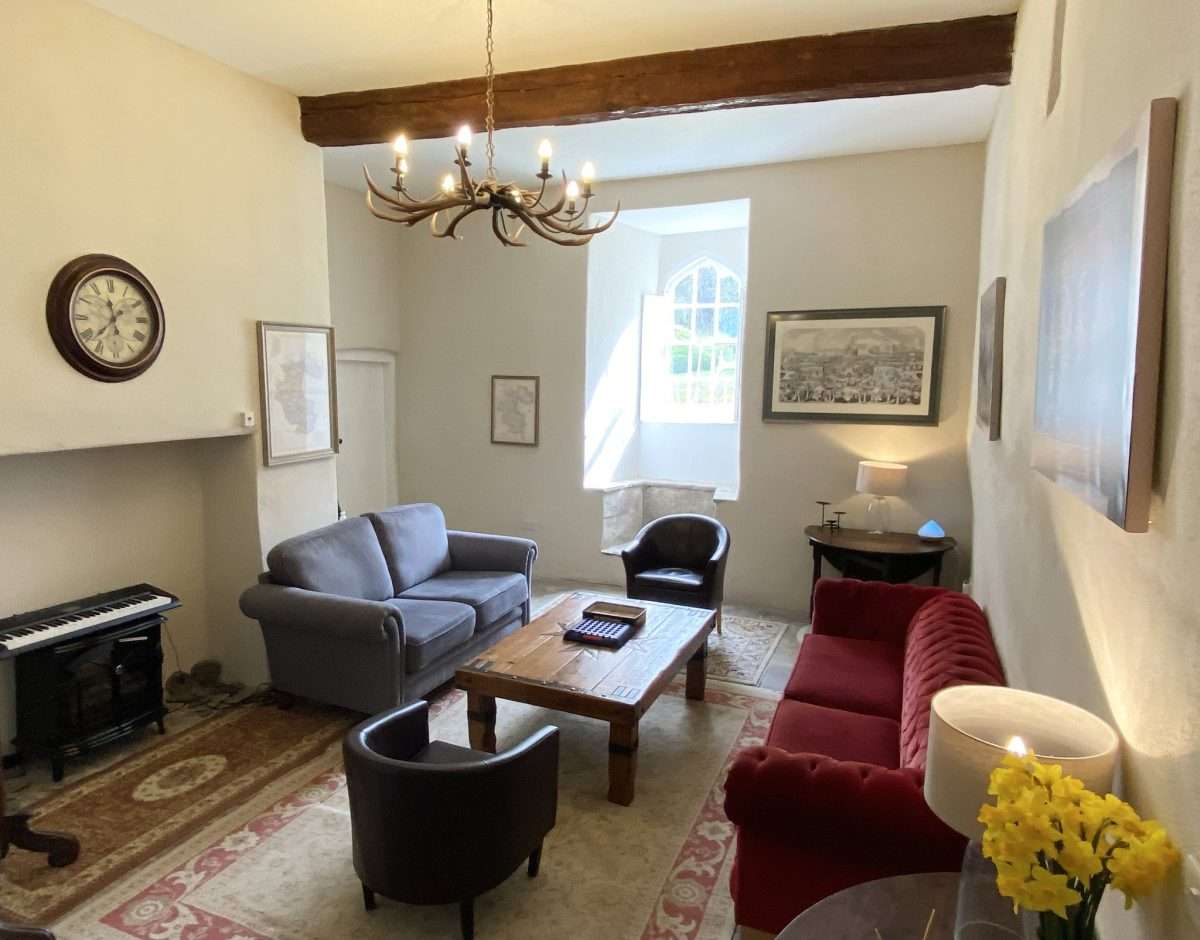
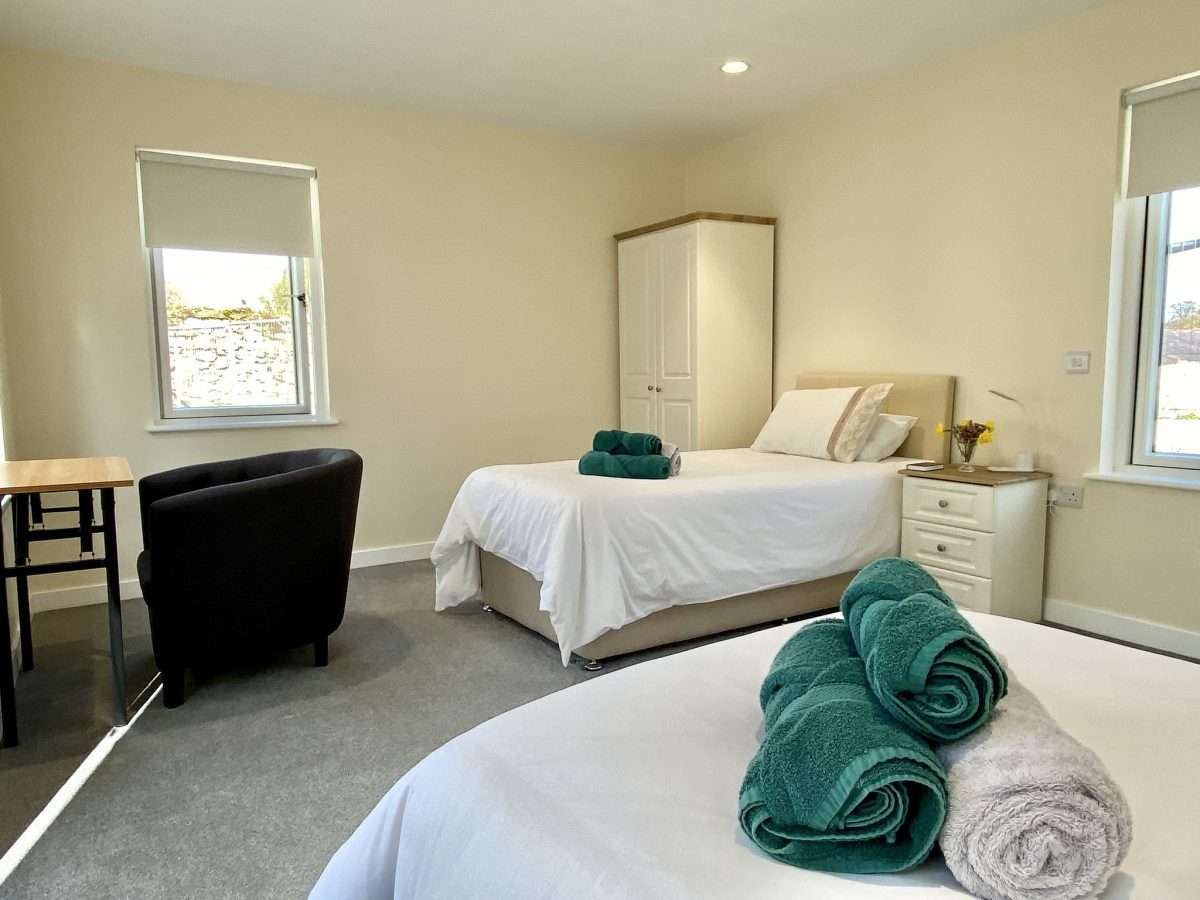
Related Guides on Private Rehab Treatment in Ireland
Private Addiction Treatment | Nature-Based Rehab | Evidence-Based Rehab | Accredited Rehab | Abstinence-Based Recovery | Discreet Rehab | Personalised Rehab
Benefits of Zero Substance Use Rehabilitation Programmes
Zero-tolerance rehab programmes emphasise total sobriety as the core of treatment. By removing all substances from recovery environments, patients can focus fully on structured therapies, peer accountability, and long-term relapse prevention strategies in a supportive and clinically guided setting.
- Clear commitment to total sobriety as the foundation of recovery: A substance-free framework helps individuals focus entirely on alcohol and drug abstinence, supported by structured counselling and community accountability to strengthen long-term recovery outcomes.
- No reliance on substitute medications or maintenance drugs: Instead of methadone or buprenorphine, abstinence-based centres guide patients through detoxification and behavioural recovery approaches without long-term pharmacological replacements.
- Structured peer support networks strengthen accountability and motivation: Group sessions, daily check-ins, and shared recovery milestones create strong bonds, helping individuals maintain commitment while building resilience against relapse through supportive peer encouragement.
- 12 Step and therapeutic programmes reinforce lasting lifestyle change: Combining 12 Step meetings with evidence-based counselling, such as CBT, supports patients in creating healthy habits, addressing triggers, and sustaining sobriety after treatment.
- Focus on relapse prevention through behavioural and coping strategies: Relapse prevention planning includes stress management tools, craving recognition, mindfulness practice, and cognitive restructuring exercises to build resilience during high-risk situations.
- Consistent routines provide stability and reduce exposure to triggers: Daily schedules involving group therapy, personal reflection, exercise, and structured activities promote recovery stability by replacing chaotic substance-using patterns with balanced, supportive habits.
- Greater sense of empowerment by learning to live fully substance-free: Patients discover confidence and independence by facing life without alcohol or drugs, supported by education, self-discipline practices, and active engagement in their recovery journey.
- Holistic therapies complement abstinence, supporting mental and physical well-being: Activities such as yoga, equine therapy, art, and mindfulness meditation provide stress relief, emotional grounding, and physical balance, reinforcing recovery alongside abstinence-focused care.

Contact Smarmore Castle’s Residential Rehab
Our treatment model is built on abstinence-based recovery. We believe that maintaining total sobriety gives patients a sustainable way to rebuild stability, regain confidence, and focus on lasting recovery, supported by structured therapies and a community-centred approach.
If you would like to learn more about our clean-living drug and alcohol addiction treatment programmes, please call Smarmore Castle today. You can also reach us through our online contact form. Our team is ready to help you take the next step.
Choosing the Best Sobriety-Focused Addiction Treatment Facility Near You
Selecting the right abstinence-based rehab is an important choice, but the decision often comes down to personal recovery needs. Below are some important factors to consider when finding a sobriety-focused treatment centre suited to you.
- Check if the clinic follows an abstinence-first recovery philosophy: Make sure the rehab programme prioritises full drug and alcohol abstinence as its foundation, with therapies and support built around long-term sobriety.
- Look for structured 12 Step or peer accountability programmes: Consistent group meetings and sponsorship models create stability, routine, and shared responsibility, all of which strengthen abstinence-based recovery progress.
- Confirm no reliance on medication-assisted substitution treatments: Seek facilities where detox is clinically managed but long-term recovery avoids maintenance drugs like methadone or buprenorphine.
- Review counselling and relapse prevention tailored to drug-free living: Therapies should address cravings, emotional regulation, and high-risk situations while supporting lifestyle changes that reinforce abstinence.
- Assess community support and group therapy availability on site: On-site peer interaction encourages connection, mutual accountability, and shared resilience, helping patients sustain sobriety during and after rehab.
- Consider rehab locations that provide both privacy and structure: Countryside or discreet facilities offer tranquillity while maintaining structured daily routines to keep recovery focused and consistent.

Get Help Today
-
Statistics on Abstinence-Based Rehab Treatment in Ireland
- In the ROSIE abstinence cohort in Ireland, 66% of participants completed the abstinence programme.
- A systematic review of abstinence-based interventions for adults experiencing homelessness (in high-income countries) found that abstinence-based interventions reduced substance use compared to treatment-as-usual, with an average effect size of –0.28 SD (95% CI, –0.65 to 0.09) for some studies.
- A Campbell review of abstinence-based vs harm reduction interventions noted that in some settings, abstinence-based interventions had small measurable reductions in substance use compared to usual care.
- Among the ROSIE participants, cocaine use dropped: 46 % used at intake vs 14% at one-year follow-up.
- The “Report of the HSE Working Group on Residential” emphasises that abstinence-based detoxification and rehabilitation residential services are part of the “tier 4” model of care in Ireland, with recommendations to expand them.